Global Networking, Communication and Culture: Conflict or Convergence?
Spread of ICT, Internet Governance, Superorganism Humanity and Global Culture
Nonfiction, Computers, Advanced Computing, Artificial Intelligence, Information Technology, General Computing| Author: | Halit Ünver | ISBN: | 9783319764481 |
| Publisher: | Springer International Publishing | Publication: | March 19, 2018 |
| Imprint: | Springer | Language: | English |
| Author: | Halit Ünver |
| ISBN: | 9783319764481 |
| Publisher: | Springer International Publishing |
| Publication: | March 19, 2018 |
| Imprint: | Springer |
| Language: | English |
Pursuing an interdisciplinary approach, this book offers detailed insights into the empirical relationships between overall social key figures of states and cultures in the fields of information and communication technology (ICT) (digital divide/inequality), the economy, education and religion. Its goal is to bridge the ‘cultural gap’ between computer scientists, engineers, economists, social and political scientists by providing a mutual understanding of the essential challenges posed and opportunities offered by a global information and knowledge society.
In a sense, the historically unprecedented technical advances in the field of ICT are shaping humanity at different levels and forming a hybrid (intelligent) human-technology system, a so-called global superorganism. The main innovation is the combined study of digitization and globalization in the context of growing social inequalities, collapse, and sustainable development, and how a convergence towards a kind of global culture could take place. Accordingly, the book discusses the spread of ICT, Internet Governance, the balance between the central concentration of power and the extent of decentralized power distribution, the inclusion or exclusion of people and states in global communication processes, and the capacity for global empathy or culture.
Pursuing an interdisciplinary approach, this book offers detailed insights into the empirical relationships between overall social key figures of states and cultures in the fields of information and communication technology (ICT) (digital divide/inequality), the economy, education and religion. Its goal is to bridge the ‘cultural gap’ between computer scientists, engineers, economists, social and political scientists by providing a mutual understanding of the essential challenges posed and opportunities offered by a global information and knowledge society.
In a sense, the historically unprecedented technical advances in the field of ICT are shaping humanity at different levels and forming a hybrid (intelligent) human-technology system, a so-called global superorganism. The main innovation is the combined study of digitization and globalization in the context of growing social inequalities, collapse, and sustainable development, and how a convergence towards a kind of global culture could take place. Accordingly, the book discusses the spread of ICT, Internet Governance, the balance between the central concentration of power and the extent of decentralized power distribution, the inclusion or exclusion of people and states in global communication processes, and the capacity for global empathy or culture.
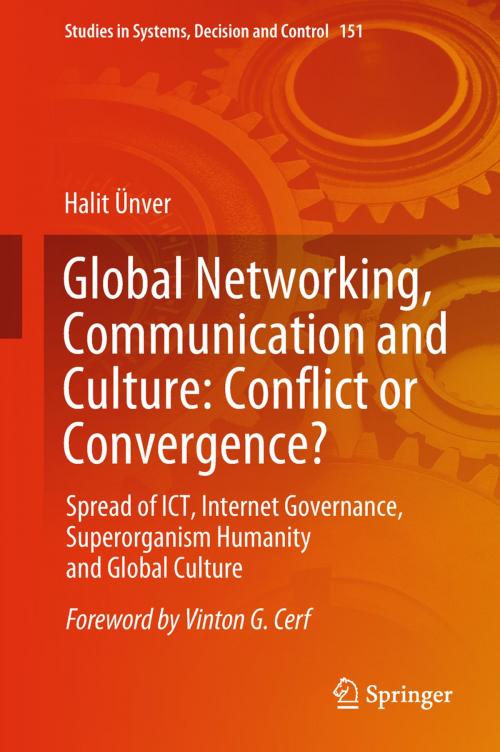



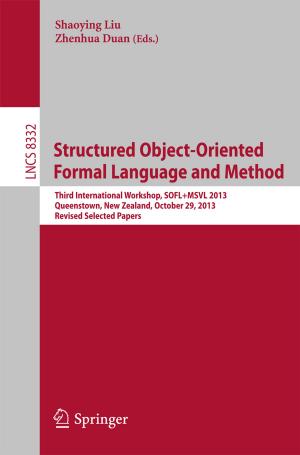

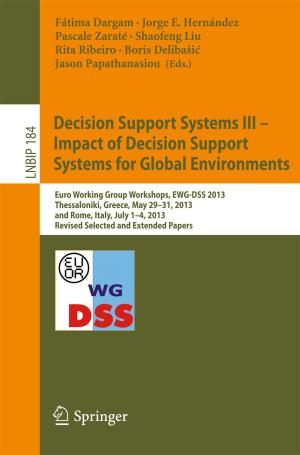

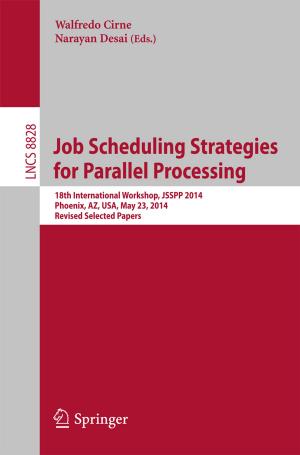


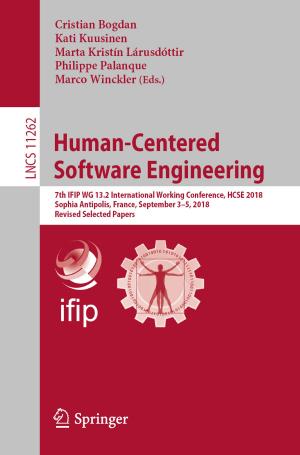


![Cover of the book Quantum [Un]Speakables II by Halit Ünver](https://www.kuoky.com/images/2016/november/300x300/9783319389875-Yhcx_300x.jpg)
